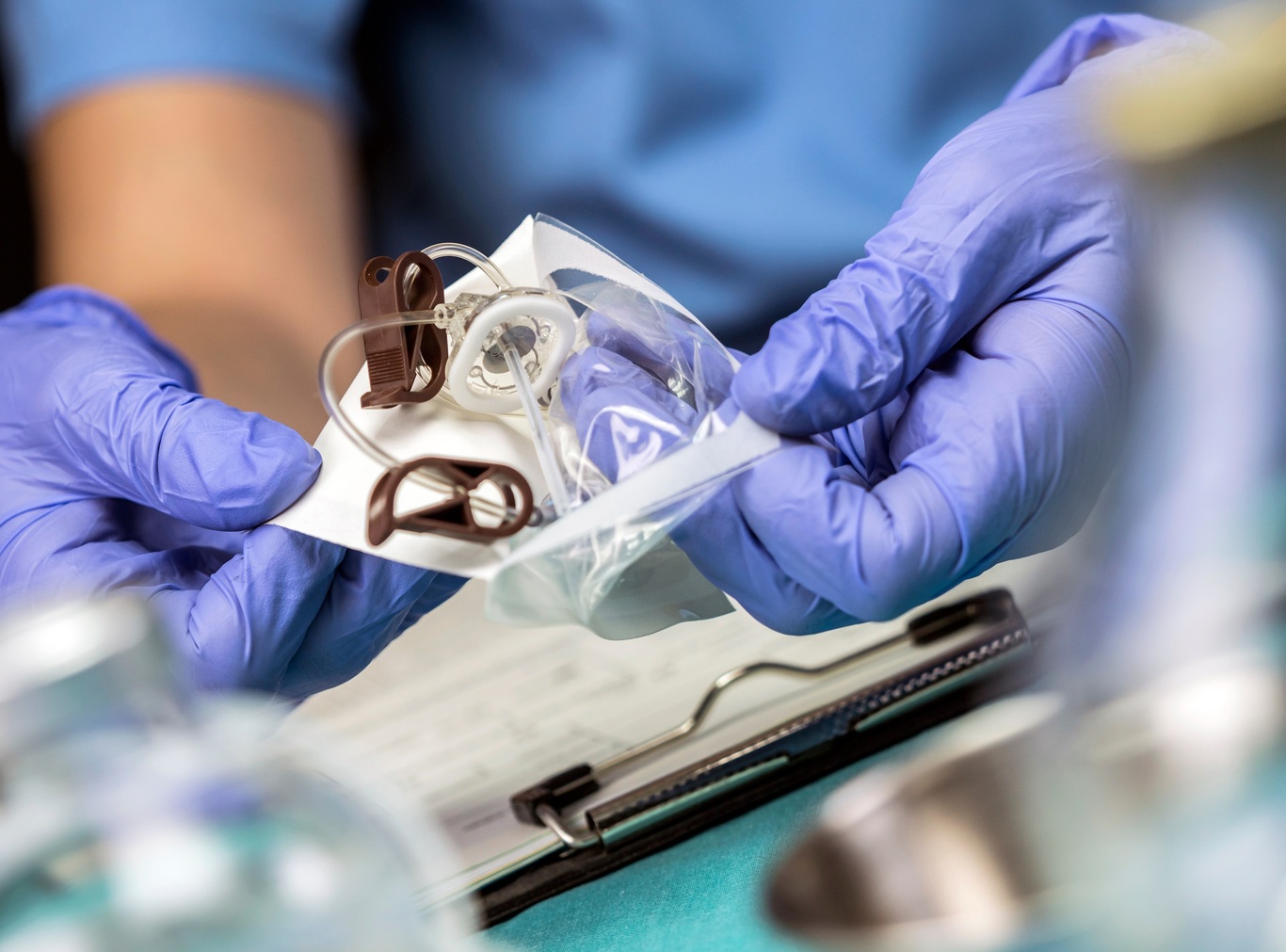Medtech reps warn the industry is facing a 'cliff edge' with incoming EU rules
Critics say bottlenecks in compliance checks could lead to a shortfall in medical devices.
THE IRISH MEDTECH Association has called on the government to take greater action on incoming EU medical device rules as the industry faces a fast-approaching deadline for compliance.
The Ibec group, which represents Ireland’s medical technologies sector, published its pre-budget submission this week, and highlighted that clarity is needed around implementation of the regulation.
The EU’s Medical Device Regulation (MDR) comes into force in May 2020. It places stricter rules on all medtech device makers for reporting on their clinical trial data, post-market surveillance and incident monitoring.
While passed in 2017, the regulation has been fraught with issues, namely around the availability of notified bodies. These are EU-designated organisations that carry out checks on the devices under the rules.
“As things stand today, if a product isn’t re-certified on time, it will no longer be legally able to be put on to the market. Obviously then there’s a huge market access issue,” Irish Medtech Association director Sinead Keogh told Fora.
To date, only four bodies in Europe have the go-ahead to carry out checks, creating potential bottlenecks in ensuring devices, new and old, will be certified for use in time.
The Irish government, alongside Germany, flagged the issue at a meeting of EU health ministers earlier this year, claiming there could be a shortage of devices on the market as a result.
Ireland’s notified body, the National Standards Authority of Ireland, has yet to be designated.
“We’re facing a potential cliff-edge scenario, putting patient safety and continuity of care in potentially major disarray. We believe that it is a critical situation,” Keogh said.
The government needs to coordinate with Brussels to speed up the process of designating notified bodies, she added.
The association’s submission argued that firms, especially smaller businesses, needed a clear regulatory route to follow. Most medtech startups are acquired post-commercialisation, which cannot occur until regulation is granted.
Business supports
According to the Irish Medtech Association, Ireland is Europe’s second largest exporter of medtech products – totalling €12.6 billion in exports – with 38,000 working in the sector.
The association’s top arguments for Budget 2020 call for greater reforms to various entrepreneur support programmes including the investor tax relief, Employment Investment Incentive Scheme (EIIS), and share option scheme Key Employee Engagement Programme (KEEP).
It is calling on the government to increase the limits on these schemes as well as an increase in the ceiling for the reduced rate of capital gains tax from €1 million to €10 million.
These measures, it said, would encourage investments, make risks more rewarding for investors and get more funding flowing into startups.
Medtech, much more so than many other startup segments, is very capital-intensive given the high costs of clinical trials.
The Irish Medtech Association goes on to make the case for further backing of manufacturing activity.
Earlier this year, IDA Ireland announced a €10 million investment in an advanced manufacturing centre in Limerick. It will be a shared space for companies to develop technologies and products and to source talent.
The association said this facility will be vital for ensuring Ireland’s medtech manufacturing business can advance and stay competitive.
“While we welcome the €10 million put forward by IDA, it’s not enough,” Keogh said. “Actually €42 million in total is required in order to get the centre up and running. It’s a critical piece of infrastructure for the medical technology sector.”
Get our Daily Briefing with the morning’s most important headlines for innovative Irish businesses.






